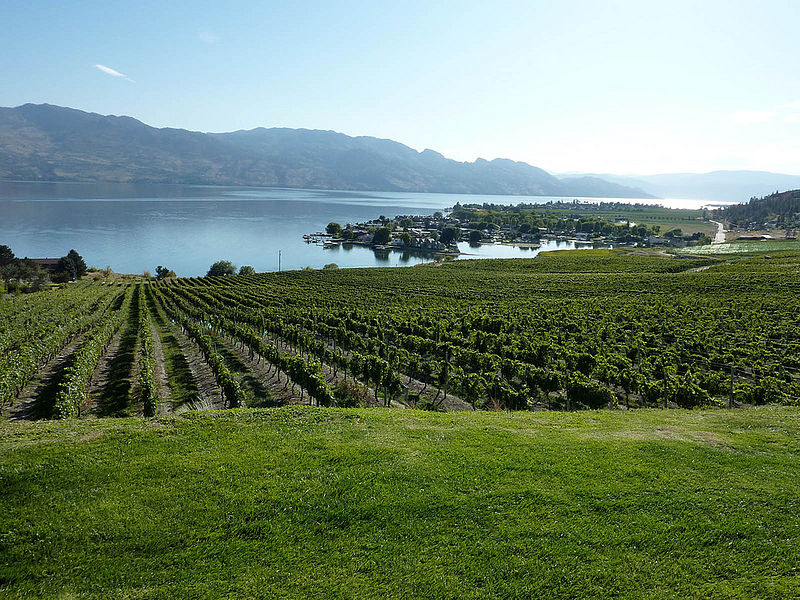The Okanagan Basin Water Board (OBWB) is now accepting applications for its Water Conservation and Quality Improvement (WCQI) grant program for projects in 2022.
With $350,000 available in total, applicants that meet the program criteria can receive between $3,000 and $30,000 for projects that occur within the Okanagan Basin. Eligible applicants include Okanagan local governments and First Nations, irrigation districts and non-profit community organizations.
Since 2006, the OBWB has granted over $5.1 million to 300 projects that conserve water and/or enhance water quality in the Okanagan and provide valley-wide benefit.
“The Okanagan is one of Canada’s most water-stressed regions,” said James Littley, operations and grants manager. “Anyone living in the Okanagan during the past five years likely remembers the floods and severe droughts we’ve experienced. And recent flooding in B.C. shows us what can happen to communities when water infrastructure like dikes, water treatment plants, and wastewater plants are overwhelmed. These grants focus on improving ways to manage water, to mitigate current and future problems, and to protect the environment and our communities.”
This year, the board has chosen to prioritize projects that directly protect or restore source waters, reduce source water pollution, or develop source protection plans. These projects will receive up to 10 extra points during their evaluation, which could increase their chances of being funded. There are also several other project categories eligible for funding, including drought planning, groundwater, and education.
An ongoing issue of concern in the Okanagan is the management and protection of source waters. “Source water refers to the point where our drinking water originates,” said Littley. “Polluting of source waters has become a growing concern, both by natural processes but also human influence. Waters can be polluted by structures like roads and other impermeable surfaces, vehicles driving in reservoirs, industrial activities like mining and forestry, ranching, and illegal dumping in the bush. Over time, a lot of the natural systems that would have historically cleaned and filtered water have been damaged, impacting water quality for people, but also fish and the larger ecosystem.”
A number of changes have been made to the grant application process this year, including revised scoring criteria. Applicants are encouraged to review the changes early to ensure they meet the program requirements before the application deadline, which is 4 p.m. on February 28, 2022. The complete Program Guide, including scoring criteria and other detailed information, and application forms can be found here.
Image Credit: Kelowna09.









